As Vietnam integrates with the region and the world , tax policies need to be consistent with other countries to promote a self-reliant fertilizer production industry.
As Vietnam integrates with the region and the world, tax policies need to be consistent with other countries to promote a self-reliant fertilizer production industry.
China, Russia and India are the three largest fertilizer producers and exporters in the world.
Under China’s current tax policy, fertilizers are subject to a 13% value-added tax (VAT) rate. China plans to adjust some of its fertilizer tax and subsidy policies to support green and sustainable agricultural initiatives. In Russia, the VAT rate is 20%, and in India it is 13%.
“Fertilizers made from fossil fuels such as petroleum, crude oil, and natural gas go through a complex processing process, so the tax imposition involves the entire industry behind them. Thailand, Malaysia, and Singapore all apply VAT on fertilizers. There is no country that does not apply VAT on fertilizers like Vietnam,” said Mr. Nguyen Tri Ngoc, General Secretary of the Vietnam General Agricultural Association.
Vietnam has begun to form a fertilizer production industry. Up to now, Vietnam has several hundred fertilizer factories of all kinds, creating fertilizer output of several hundred million tons. Every year, the agricultural sector uses about 11-12 million tons of fertilizer of all kinds. This shows that fertilizer is an agricultural product, and agriculture in the policies of countries is considered a commodity that needs to be prioritized differently from other goods.
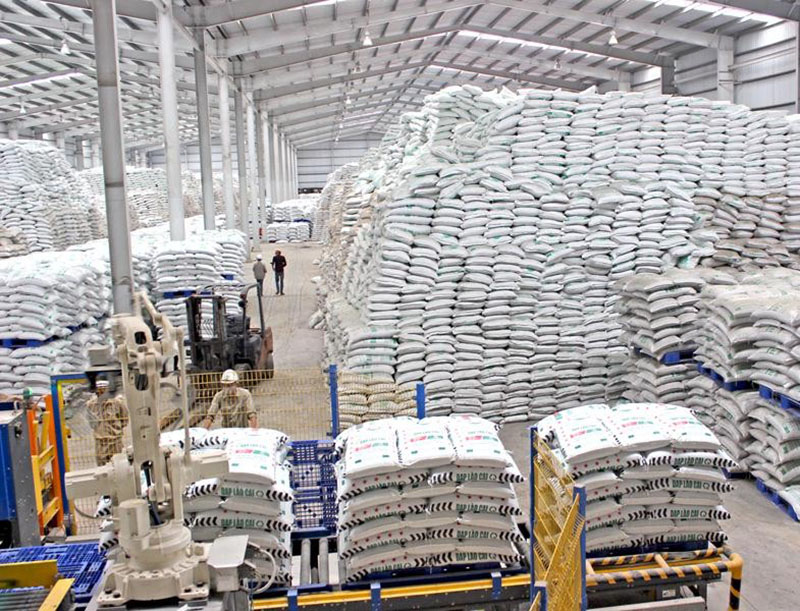 |
“A moderately low VAT rate is much more beneficial than those who are not subject to VAT,” said Mr. Nguyen Van Phung, former Director of the Large Enterprise Tax Management Department, General Department of Taxation.
Mr. Nguyen Van Phung analyzed that in an open economy , trading with foreign countries, the import of fertilizers without tax has a big impact on business operations and fertilizer prices. In 2014, there was no data to prove that paying 5% tax would be better than not paying tax. But after 10 years, there is a complete picture.
More specifically, the expert stated that, first, the state budget has lost VAT revenue from imports (estimated to lose over VND1,000 billion each year) because imported fertilizers are applied uniformly as domestically produced goods according to the commitment to join the World Trade Organization (WTO).
Second, the domestic fertilizer price increased (price push effect) because all input VAT was not deductible, forcing businesses to include it in the cost price and pushing up the selling price. According to the Fertilizer Association's report, after Law 71/2014 took effect, the domestic nitrogen fertilizer price increased by 7.2 - 7.6%; DAP fertilizer increased by 7.3 - 7.8%, superphosphate fertilizer increased by 6.5 - 6.8%; NPK and organic fertilizer increased by 5.2 - 6.1%.
Third, along with the loss of state budget revenue from imports, it also creates many difficulties for the domestic fertilizer production industry because imported fertilizers are not subject to VAT but are also refunded by the exporting country (for example, China 13%, Russia 20%, India 13%).
“Fertilizers are transferred to the VAT- free category, Vietnam suffers losses on all three sides: the State loses revenue from the State budget and still cannot implement a legal support mechanism for agriculture to reduce domestic prices when world fertilizer prices increase. Farmers do not benefit from price reductions or input cost reductions whether fertilizer prices increase or decrease because businesses must account for non-deductible input VAT in costs and add it to selling prices to preserve capital. Domestic fertilizer producers are always at a disadvantage in competing with imported fertilizers in both cases when world fertilizer prices increase or decrease,” Mr. Phung raised the issue.
Due to the regulation that fertilizers are not subject to VAT , in many cases, fertilizer enterprises both export (to deduct input VAT of exported goods according to regulations); and at the same time have to import fertilizers from abroad. This will continue to happen in the future if the current regulations on VAT on fertilizers are maintained, which may lead to potential risks in macro management.
In addition to the proposal to include fertilizers in the 5% VAT tax, Mr. Phung also proposed to amend Article 15 in the Project to amend the Law on Value Added Tax. In the Report of the Ministry of Finance sent to the Government in the Project to amend the Law on Value Added Tax, Clause 3, Article 15 of the Draft on tax refund cases states: "... Business establishments that only produce goods and provide services subject to the 5% VAT rate, if the input VAT amount that has not been fully deducted is from 300 million VND or more after 12 months or 4 quarters, will be entitled to a VAT refund ".
“In my opinion, the word “only” should be removed from the above phrase. According to the regulations, it can be understood that businesses with only one VAT rate of 5% are eligible for a tax refund. Businesses with two or more VAT rates are not eligible for a tax refund. This is unfair to businesses with two or more VAT rates, ” the tax expert analyzed.
In reality, enterprises are free to do business, so most enterprises operate in multiple industries, very few enterprises only produce in one field subject to 5% value added tax. Therefore, amending the Law on Value Added Tax needs to ensure fairness for enterprises in the same industry producing goods and providing services subject to 5% value added tax...
For example, if a business is a fertilizer manufacturer and chemical trader, if the fertilizer goods are subject to 5% VAT and the chemicals are subject to 10% VAT, the business will not be refunded. Therefore, the term "only" limits the subjects eligible for tax refunds and does not ensure fairness for businesses in the same industry that produce goods and provide services subject to 5% VAT .
Mr. Nguyen Tri Ngoc also hopes for the understanding of the National Assembly delegates. “I understand that VAT is a large source of tax revenue, one of the pillars of the tax system, but we must make it sustainable and effective. Therefore, adjusting VAT from a non-taxable group to a taxable group with a tax rate of 5% is very necessary.”
Mr. Phung recommended that the Vietnam Fertilizer Association should have a working session with businesses if 5% VAT is applied to fertilizer businesses. Businesses that are allowed to deduct input tax should reduce selling prices for people, demonstrate the benefits of tax adjustment and effectively contribute to the agricultural economy.
“We have to explain to farmers that applying 5% VAT is for the benefit of the people, not that the price of fertilizer will increase by 5% because the input price has been deducted, there is no reason for the selling price to increase.
Scientists must provide information that applying 5% VAT is more beneficial than tax exemption. 10 years ago there was no opportunity to do it, but now there is a better opportunity", the former Director of the Large Enterprise Tax Management Department, General Department of Taxation emphasized.
Source: https://baodautu.vn/khong-co-nuoc-nao-khong-ap-thue-gia-tri-gia-tang-phan-bon-d230527.html




![[Photo] Unique art of painting Tuong masks](https://vphoto.vietnam.vn/thumb/1200x675/vietnam/resource/IMAGE/2025/11/14/1763094089301_ndo_br_1-jpg.webp)


![[Photo] Unique architecture of the deepest metro station in France](https://vphoto.vietnam.vn/thumb/1200x675/vietnam/resource/IMAGE/2025/11/14/1763107592365_ga-sau-nhat-nuoc-phap-duy-1-6403-jpg.webp)
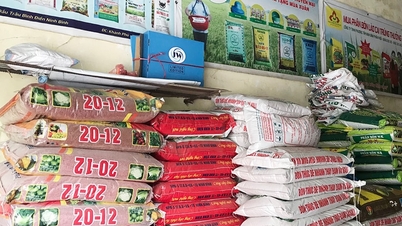








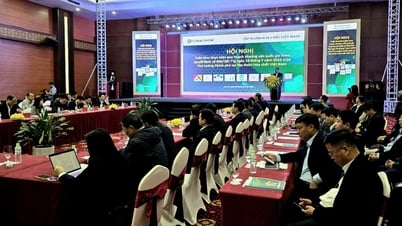

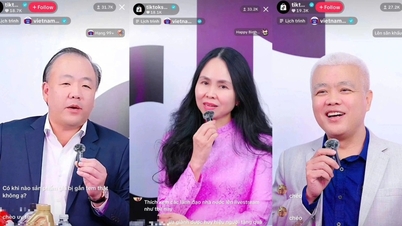

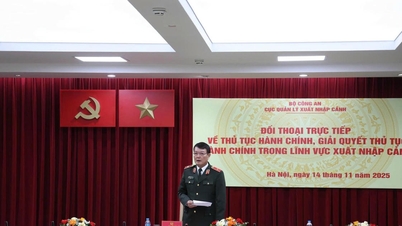

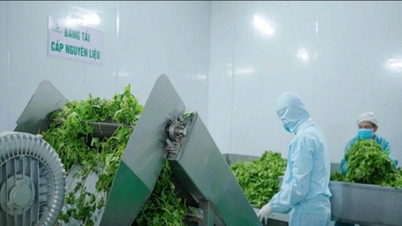
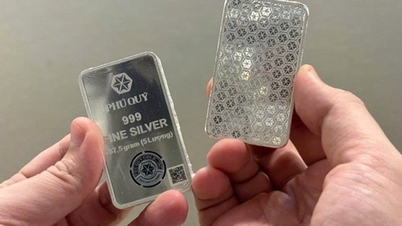
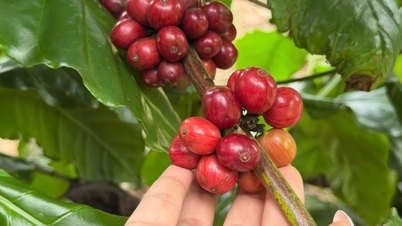
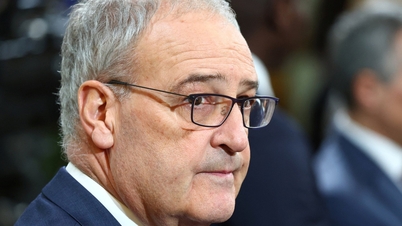








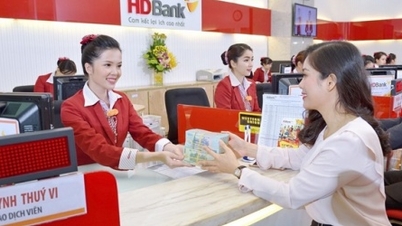

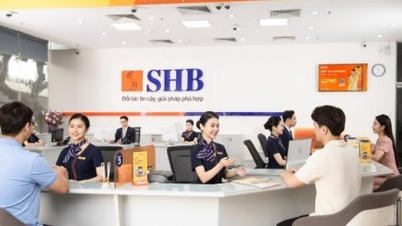
![[Photo] Special class in Tra Linh](https://vphoto.vietnam.vn/thumb/1200x675/vietnam/resource/IMAGE/2025/11/14/1763078485441_ndo_br_lop-hoc-7-jpg.webp)
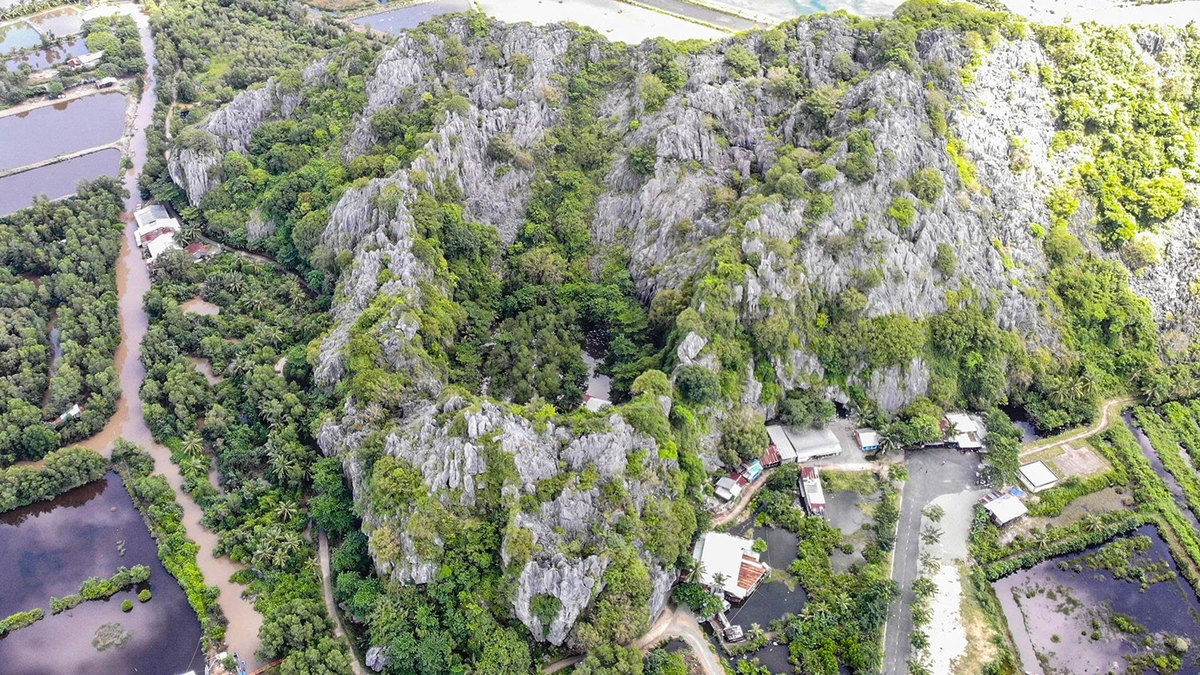






































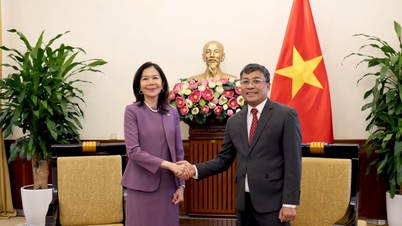
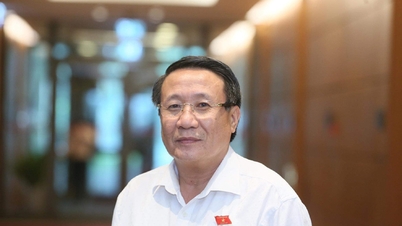


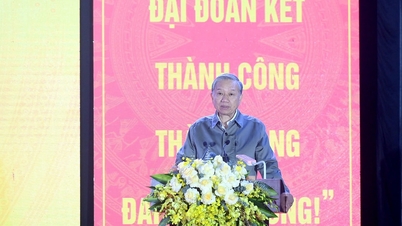



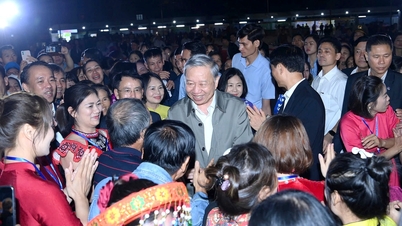
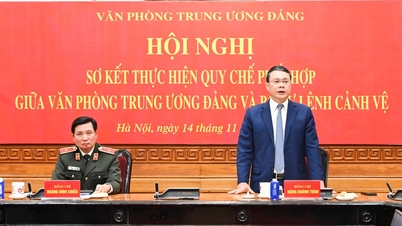


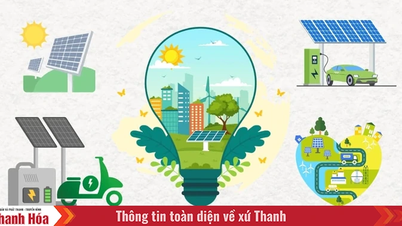

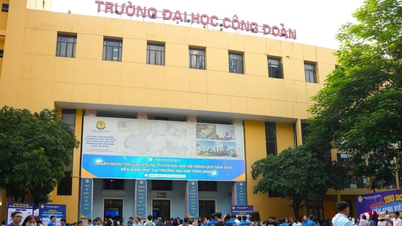

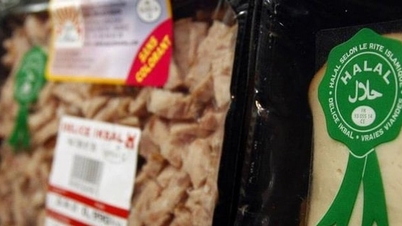



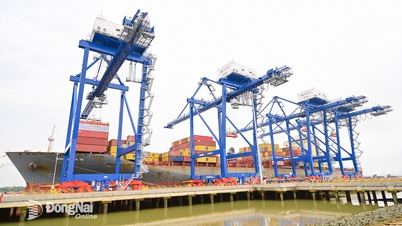

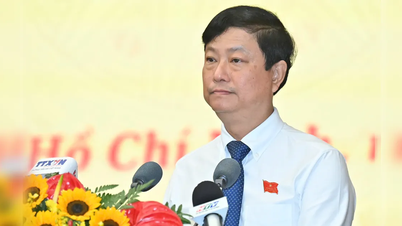












Comment (0)